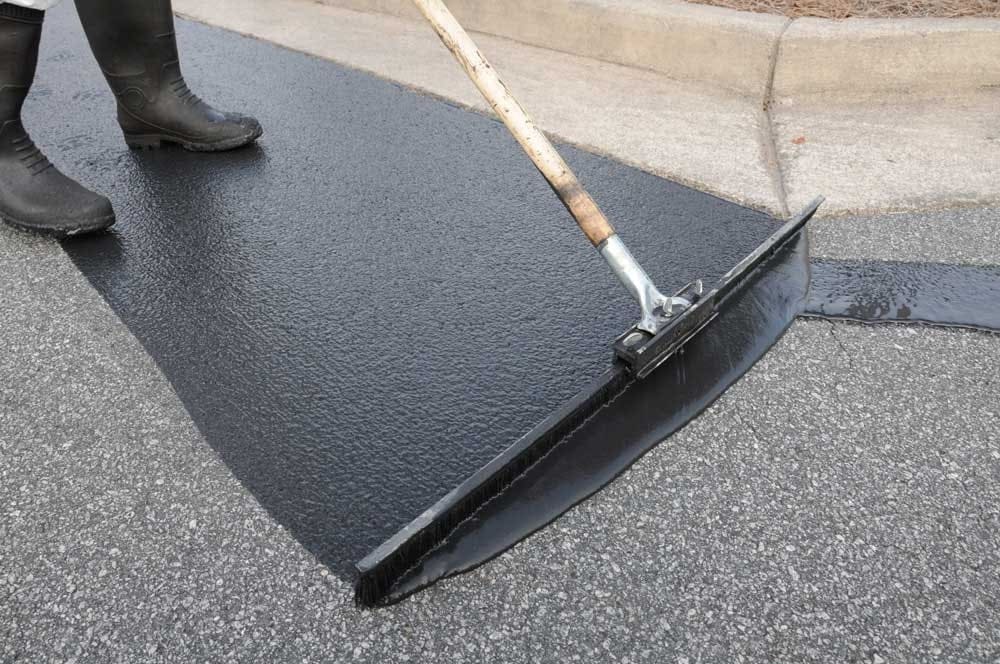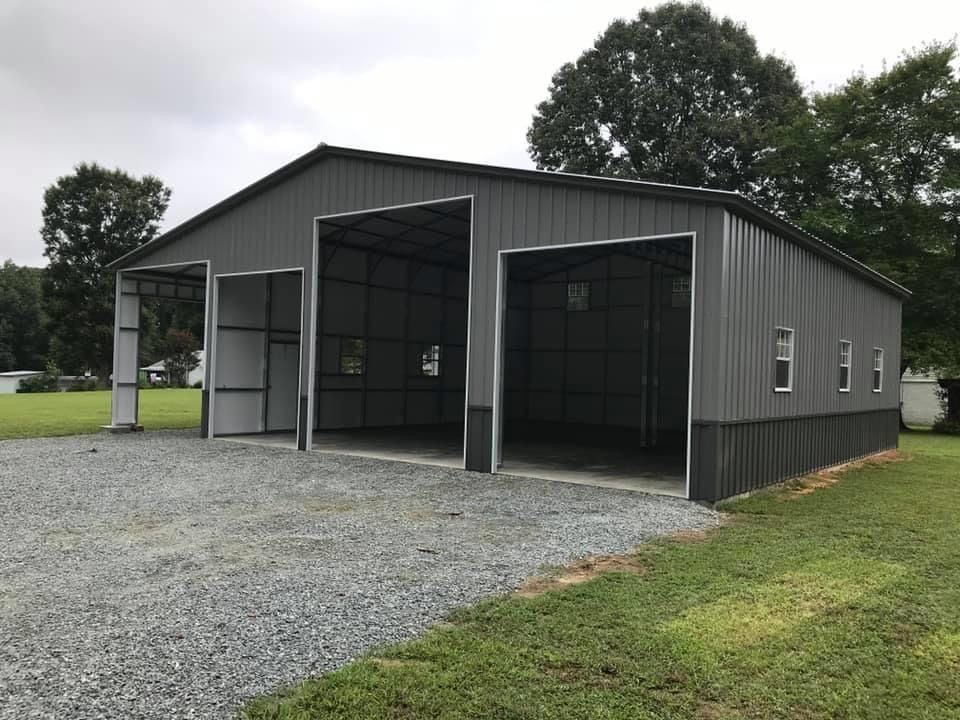An Effective Construction Resume Is Key To Success
SEO Meta Description:
Crafting an effective construction resume is crucial for success in the industry. Learn the essential elements and tips to showcase your skills and land the job you desire.
Introduction:
In the competitive landscape of the construction industry, where each job opportunity is a building block to a successful career, having an effective construction resume is non-negotiable. This article dives deep into the intricacies of creating a compelling resume that not only highlights your skills but also opens doors to lucrative opportunities. Let’s construct a path to success with a resume that speaks volumes.
The Foundation: Building a Strong Resume
Crafting a Stellar Objective Statement
Your resume’s introduction sets the tone. An effective objective statement should succinctly outline your career goals and highlight how your skills align with the needs of potential employers. This section is your elevator pitch – make it count.
The objective is the first impression employers get of you. Craft it carefully to demonstrate your passion for the construction industry and showcase your commitment to success.
Showcasing Relevant Skills
Potential employers want to know what you bring to the table. Under this heading, outline your technical skills, emphasizing those most relevant to the construction field. Use LSI Keywords seamlessly to improve search relevance without compromising the flow of information.
Detailing your skills in a clear, concise manner not only attracts attention but also assures employers that you possess the expertise required for the job.
Professional Experience: Building Blocks of Success
In this section, delve into your work history, focusing on roles directly related to construction. Share achievements, challenges overcome, and quantify your impact wherever possible. This paints a vivid picture of your capabilities and establishes you as a seasoned professional.
Your experience is your biggest asset. Showcase it effectively to convey your journey and demonstrate how it aligns with the needs of prospective employers.
Education: Laying the Educational Foundation
Even in a practical field like construction, education matters. Detail your academic background, relevant certifications, and any specialized training. This not only provides context but also reinforces your commitment to continuous learning and improvement.
Education is the bedrock of expertise. Highlight yours to showcase a holistic understanding of the industry.
Tailoring Your Resume for Specific Roles
One size does not fit all. Tailor your resume for each application, aligning it with the specific requirements of the job. Use this section to emphasize how your unique skill set makes you the ideal candidate for the position.
Customization is key. Show employers that you’ve put thought into how your skills match their needs.
Incorporating Keywords: The SEO Edge
In the digital age, resumes go beyond paper. Employers often use Applicant Tracking Systems (ATS) to filter candidates. Integrate relevant keywords naturally to ensure your resume passes through these systems, increasing your chances of being noticed.
Keywords are the keys to unlocking opportunities. Strategically include them to navigate the digital landscape.
Success Strategies: Standing Out in the Construction Crowd
Showcasing Accomplishments: Beyond Job Descriptions
While detailing your experience, don’t merely list responsibilities. Showcase specific achievements that demonstrate your impact. Quantify your accomplishments, providing tangible evidence of your contributions.
Numbers speak louder than words. Let your achievements resonate with potential employers.
Emphasizing Soft Skills: The Glue That Holds It Together
In a field as collaborative as construction, soft skills are paramount. Under this heading, highlight your communication, teamwork, and problem-solving abilities. These qualities complement your technical skills, making you a well-rounded candidate.
Soft skills bridge the gap between technical prowess and effective collaboration. Shine a spotlight on your interpersonal strengths.
FAQs: Answers to Your Resume Queries
Q: How long should my construction resume be?
A: Aim for a concise one to two pages, focusing on relevant details to keep recruiters engaged.
Q: Should I include references on my resume?
A: Provide references upon request. Create space for essential information, and save detailed references for later stages of the hiring process.
Q: Is it necessary to include a cover letter with my resume?
A: While not mandatory, a well-crafted cover letter can enhance your application by providing additional context and showcasing your communication skills.
Q: How do I handle employment gaps in my resume?
A: Address gaps honestly and positively. Use them as an opportunity to highlight personal or professional development during those periods.
Q: What font and format should I use for my construction resume?
A: Choose a clean, professional font and format that is easy to read. Stick to a classic layout to ensure your resume is visually appealing.
Q: Can I include hobbies and interests on my resume?
A: If relevant to the job or showcasing transferable skills, feel free to include hobbies and interests. Keep it brief and professional.
Conclusion:
Crafting an effective construction resume is more than a task – it’s a strategic endeavor that can shape your entire career trajectory. By following these guidelines, you’ll not only create a powerful resume but also pave the way for success in the dynamic world of construction.
Remember, your resume is the blueprint for your professional journey. Make it strong, make it unique, and make it your key to success in the construction industry.














